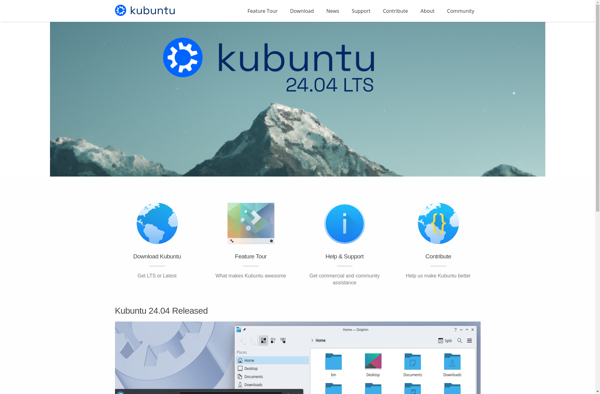Minoca OS
Minoca OS is a lightweight, open source operating system designed for the cloud era. It focuses on speed, efficiency, and flexibility with a minimalist design.

Minoca OS: Lightweight Cloud Operating System
Minoca OS is a lightweight, open source operating system designed for the cloud era. It focuses on speed, efficiency, and flexibility with a minimalist design.
What is Minoca OS?
Minoca OS is a lightweight, open source operating system designed for the cloud computing era. It was created in 2012 with a focus on speed, efficiency, flexibility, and minimalism.
Some key features of Minoca OS include:
- Small footprint - The base system is under 40MB, allowing it to run well on embedded systems or older hardware
- Pervasive package management - All system components, applications, and libraries are available as packages for easy installation and upgrading
- Optimized for cloud platforms like Amazon EC2 and VirtualBox
- Fast boot time - Boots up in under 10 seconds on most hardware
- Written almost entirely in C for performance
- Supports multiple user spaces to separate personal and work data
- Backward compatibility with POSIX APIs to run many Linux apps
- LGPL license allows embedding in proprietary products
Minoca OS aims to bring flexibility and ease-of-use to small footprint computing. Its lightweight design makes it well-suited for older hardware, embedded systems, appliances, containers, and cloud virtual machines where efficiency and speed are important.
Minoca OS Features
Features
- Microkernel architecture
- Small memory footprint
- Fast boot time
- Supports multiple file systems
- Supports Docker containers
- Supports multiple languages and compilers
Pricing
- Open Source
Pros
Lightweight and fast
Open source with permissive license
Good for cloud and containerized environments
Minimalist design avoids bloat
Cons
Limited hardware support compared to major OSes
Smaller user and developer community
Fewer applications and packages available
Official Links
Reviews & Ratings
Login to ReviewThe Best Minoca OS Alternatives
Top Os & Utilities and Operating Systems and other similar apps like Minoca OS
Here are some alternatives to Minoca OS:
Suggest an alternative ❐Windows 10
Windows 10 is the latest version of Microsoft's operating system, released in 2015. It builds on the core foundations of Windows 7 and 8 and brings back the familiar Start menu while also introducing new features.Some key new features and improvements in Windows 10 include:The return of the Start Menu...
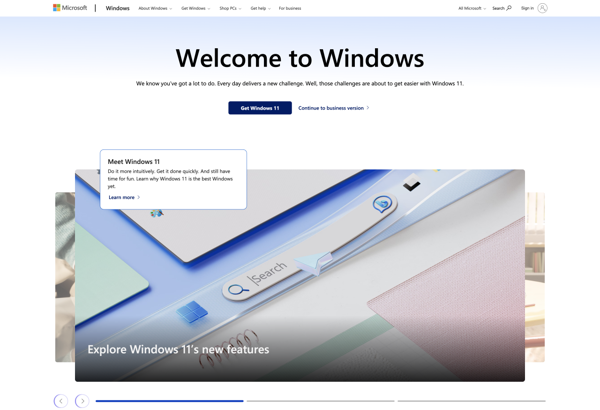
MacOS
macOS is the operating system created and developed by Apple Inc. exclusively for its Macintosh computers and laptops. It was originally named Mac OS X until 2012 and then OS X until 2016, when Apple renamed it to macOS to bring it inline with the branding of its other operating...
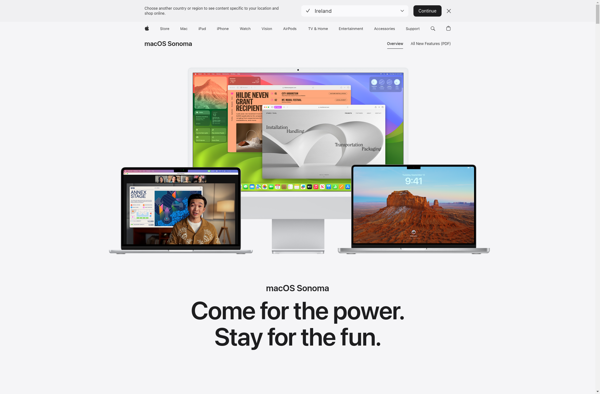
Linux Mint
Linux Mint is a Linux distribution built on top of Ubuntu that aims to provide a more complete out-of-the-box experience. Some key aspects of Linux Mint include:User-friendly desktop environment with a familiar workflow for Windows usersComes with a lot of pre-installed software for common tasks like office productivity, internet browsing,...
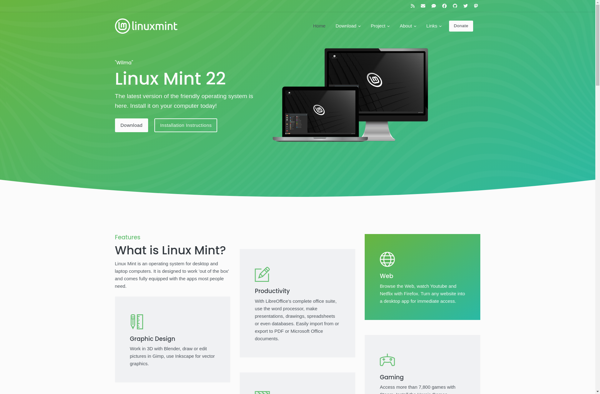
Arch Linux
Arch Linux is a lightweight, flexible Linux distribution designed for experienced Linux users who want control and customization of their system. Some key features of Arch Linux include:Rolling release model - Arch gets continuous updates rather than point releases, ensuring you always have the latest software.Uses Pacman package manager -...
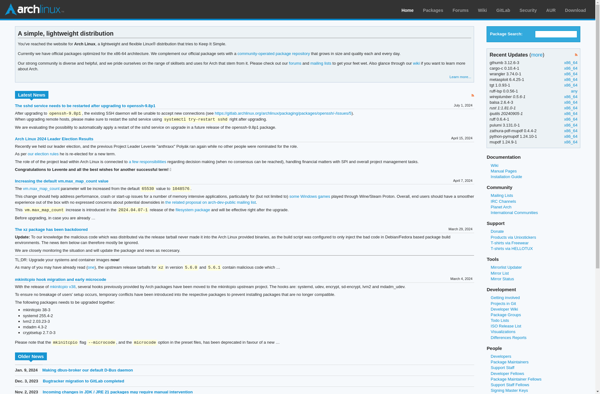
Elementary OS
elementary OS is a Linux distribution based on Ubuntu that focuses on providing a fast, open, and privacy-respecting computing experience. It comes with a custom desktop environment called Pantheon that features a sleek and intuitive user interface designed for productivity.Some key features of elementary OS include:An app store called AppCenter...
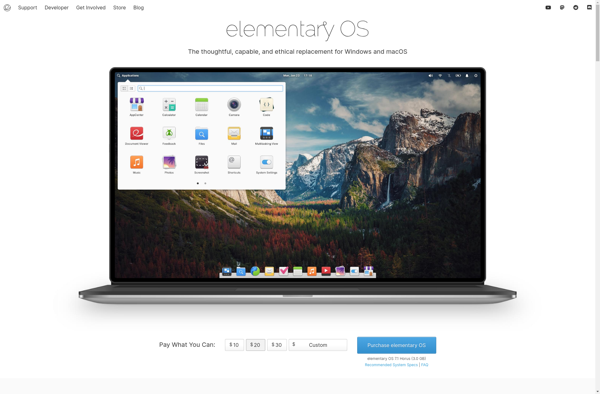
Debian
Debian is one of the oldest and most popular Linux distributions available today. First released in 1993, it is known for its stability, commitment to free software principles, and huge repository of over 50,000 software packages.Some key facts about Debian:It is developed by a worldwide community of volunteers working together...

Fedora
Fedora is a Linux distribution developed by the Fedora Project and sponsored by Red Hat. It is one of the most popular community-driven Linux distributions and is known for showcasing the latest innovations in open source software on a stable and easy-to-manage platform.Some key features of Fedora include:Uses the RPM...
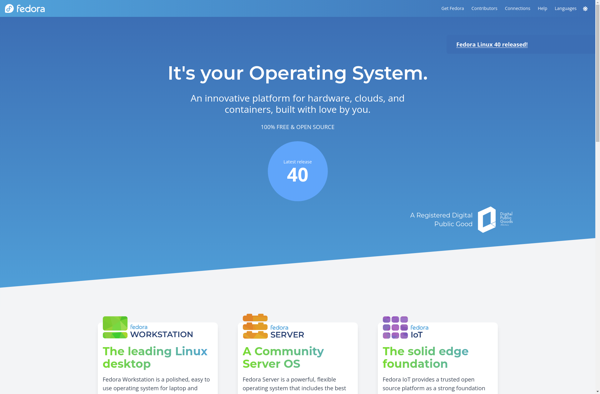
Manjaro Linux
Manjaro Linux is an open source, independently developed GNU/Linux distribution based on Arch Linux. It aims to provide an accessible entry point for new Linux users, while maintaining the DIY spirit and technical simplicity that Arch Linux is known for.Some key features of Manjaro Linux include:User-friendly graphical installers for quick...

OpenSUSE
openSUSE is a versatile Linux distribution that can be used on desktops, laptops, and servers. It focuses on being easy to use, having up-to-date software packages, and providing flexibility for different types of users.Some key features and information about openSUSE:Sponsored by SUSE Linux and other companies, but community-developedRegular release cycle...

Pop!_OS
Pop!_OS is a Linux distribution developed by computer manufacturer System76. It is based on Ubuntu and uses the GNOME desktop environment.Some key features of Pop!_OS include:Custom GNOME desktop theme and system improvements designed for an optimal workflow.Good hardware compatibility, especially with System76 hardware.Streamlined window and workspace management using keyboard shortcuts...
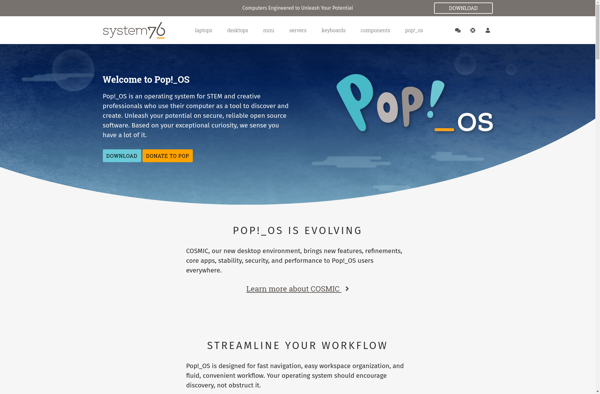
Kubuntu
Kubuntu is an officially recognized flavor of the Ubuntu Linux distribution that features the KDE Plasma desktop environment instead of Ubuntu's default GNOME desktop. Kubuntu provides a user-friendly, customizable, and visually appealing desktop experience powered by the latest KDE Plasma technologies.Some key features and characteristics of Kubuntu include:Uses the lightweight...
